Oppression of Women in First World Countries
My Responses to the Points Made by a Man Who Says It Is No Longer a Thing
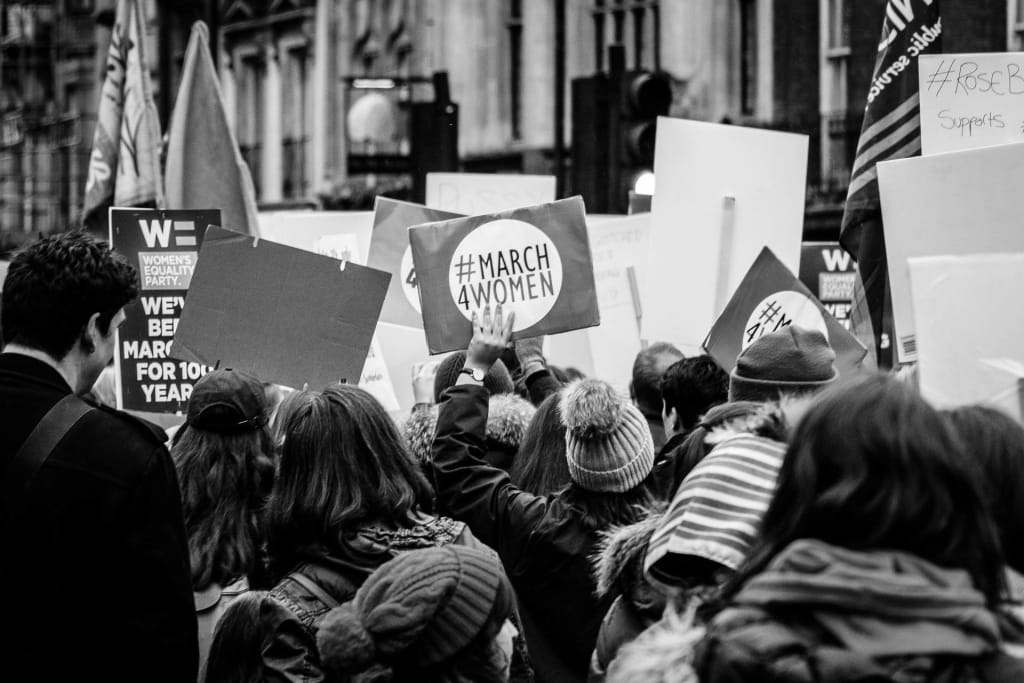
I recently had a bit of a debate with someone online—because that never happens—about whether or not oppression of women still exists in first world countries, in particular, the United States. Unsurprisingly, the individual with whom this conversation occurred was a man. Also unsurprisingly, the entire thing started over a joke poll meme involving how women would react if a freak event caused men to start menstruating—either cackle or offer to help. Don’t ask.
Anyway, after this individual attracted the attention of several women in the Facebook group—and even a couple of men—who disagreed with him, he decided to delete the comment thread. Well, I had a feeling this was going to happen, and I didn’t want to see the really good points I made to his arguments—thank you, undergrad degree in Sociology—disappear. So, I saved my responses to the snarky, rhetorical questions he threw at me—as if they disproved the oppression of women in the United States. I thought I might share and expand on them a little here with you now.
Higher College Admittance Rates

*Photo by JodyHongFilms on Unsplash
Females comprise a greater number of the US population. We earn higher grades in high school, do better on entrance exams, and are more likely to even apply for college admittance. We’re also less likely to be hired into the same positions and/or receive the same pay rate as men with the exact same college degree after graduation. Yes, we are gaining a foothold, but that doesn't mean we've achieved equality. We've worked incredibly hard for the progress we've made.
Lower Suicide Rates
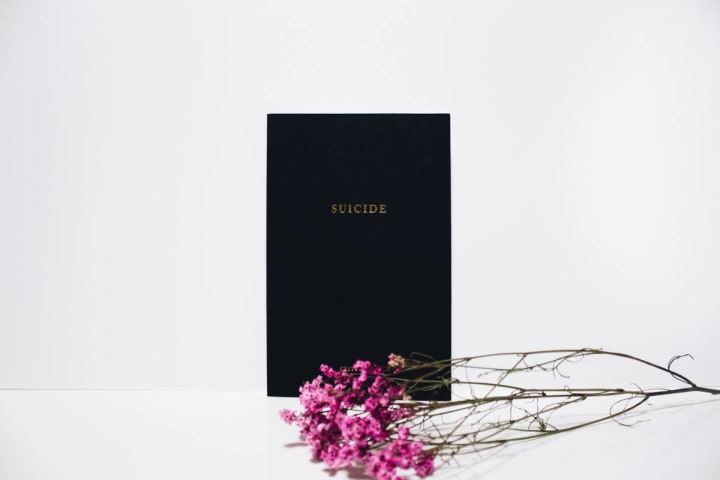
*Photo by Thought Catalog on Unsplash
Men are more likely to choose faster-acting, more lethal methods to attempt suicide. Men are more likely to do things like shooting or hanging themselves. This makes them more likely to succeed in committing suicide, even when help arrives while they are technically still alive.
Women are more likely to choose slower-acting, less lethal means such as attempting to overdose on medications, which makes them less likely to succeed. Men are also significantly less likely to seek out mental health treatment when dealing with mental health issues than are women, which means their suicidal ideation goes unmonitored and unchallenged by a healthcare professional.
Generally Safer Careers
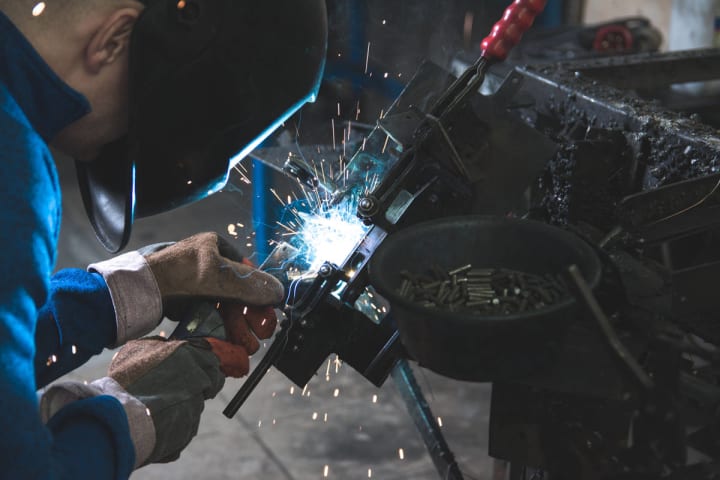
*Photo by Daniel Wiadro on Unsplash
Women are systematically kept out of occupations that are deemed "men's work." When we do make advancements into those fields, society’s perceptions of those fields shifts and they become seen as "women's work." This means those fields begin paying lower wages, and men ridicule other men for engaging in those professions. Notably, nursing and early childhood education were both once occupations dominated by men but are now associated with women. In short, men have more dangerous careers because they don't want a career that's seen as feminine and weak. They are also less likely to hire women applicants for a job that is seen as masculine, requires significant physical strength, and/or is potentially dangerous.
Lower Prison Sentences for Similar Crimes

*Photo by Carles Rabada on Unsplash
Admittedly, I'm not familiar with the statistics or sociological impacts of this particular claim, but I'd be willing to bet money it's not so cut and dry, either. I do know that men are statistically more likely to commit violent crimes, and when they do, they are more likely to involve a lethal weapon.
Higher Child Custody Rates
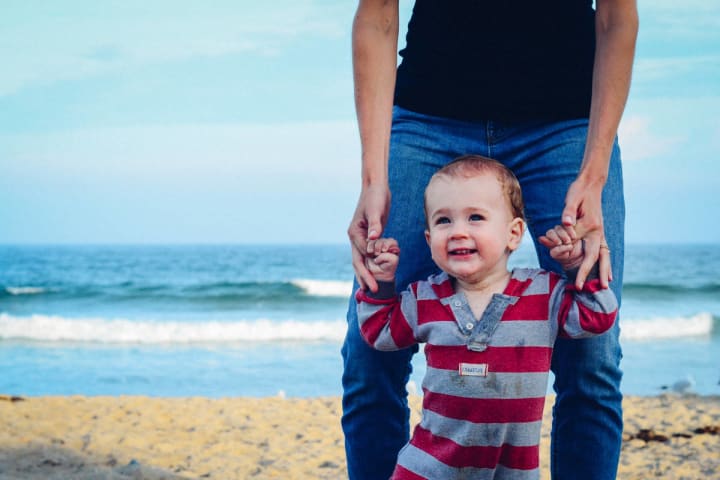
*Photo by David Straight on Unsplash
Women tend to be the primary caregivers for their children from birth to adulthood, which weighs heavily in a court's custody decision. Men are less likely to elect to be stay-at-home parents. They are offered less time off for childcare purposes, such as tending to a sick kid or going to a doctor’s appointment, and they are less likely to request time off for these things. Women are less likely to be hired into or advance into higher paying/higher status positions because they have children, or it is expected that they will have children and will need to prioritize their children. This leaves the mother to tend to the child—even if it means taking off from work. Again, this reinforces women as the primary caregiver for children.
This is oppressive against both women and men. It’s also something women are attempting to fight. Not only are we seeking out equality in pay and status for the jobs we do the same as men, but we are asking for an equal opportunity to be placed in those higher paying/higher status positions. This would make it easier for men to share childcare responsibilities, allow both men and women to take less time off from work by being able to afford daycare, and quite likely open the door for men to obtain physical custody more frequently. The majority of men seem content to keep the status quo, however.
Higher Number of Shelters for the Abused and Lower Homeless Rates
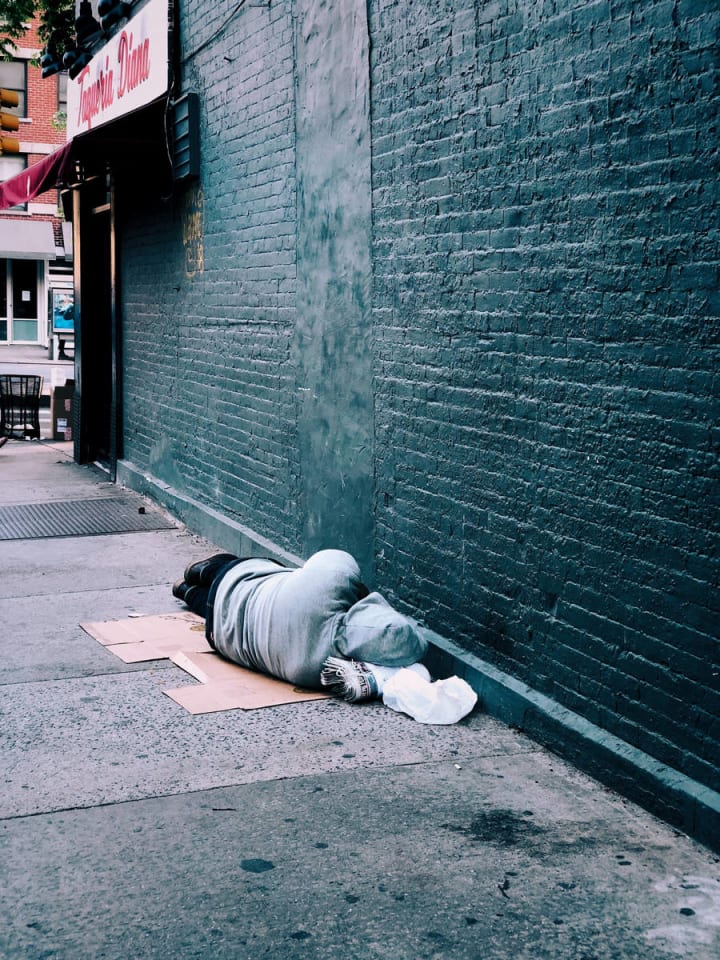
*Photo by Jon Tyson on Unsplash
Women are statistically, significantly more likely to be abused than are men. The vast majority of shelters for women—both in regards to abuse and homelessness—are shelters that are designed specifically for women with children or families with children. As mentioned in the previous topic, women are more likely to be the primary caregivers for their children. This means they are more likely to have access to these shelters and other public services such as welfare, in turn making them less likely to become homeless.
There are other factors at play here, too, such as men being more likely to be veterans, and America treating our veterans like utter crap, leading to a high rate of homeless vets. As mentioned previously, men are also less likely to seek out mental and physical health assistance than are women. This leaves them more prone to exacerbated symptoms which prevent them from caring for themselves when these illnesses arise, leading to a higher rate of homelessness.
About the Creator
Holly Paine
I'm a 38-year-old Licensed Professional Counselor. I'm happily divorced, and the mother of a daughter on the autism spectrum. Writing keeps me sane.


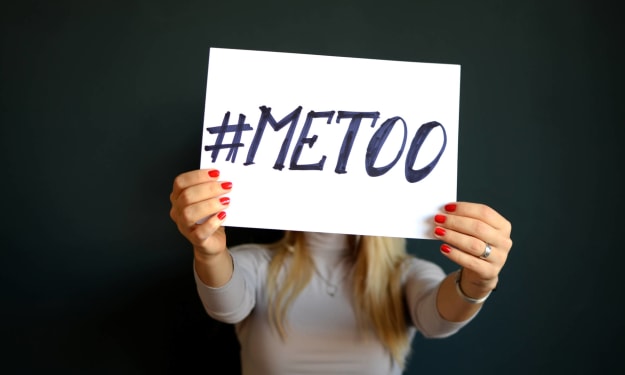



Comments
There are no comments for this story
Be the first to respond and start the conversation.